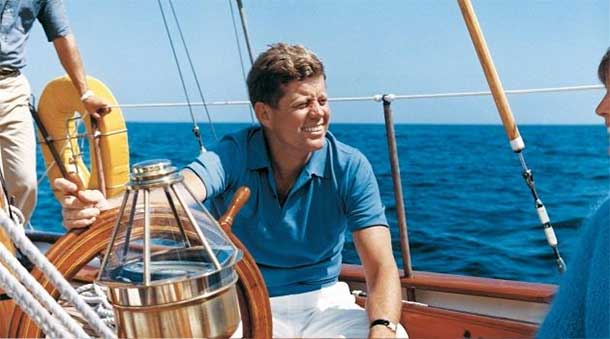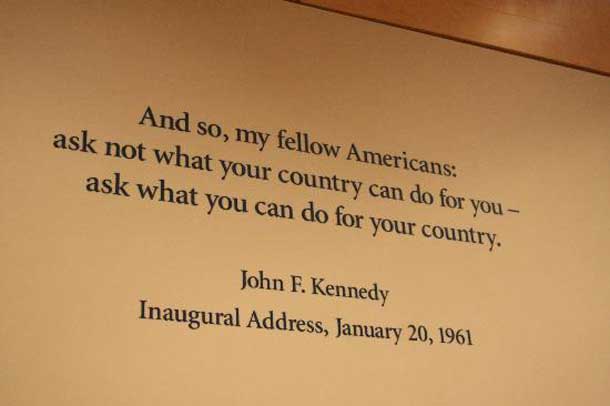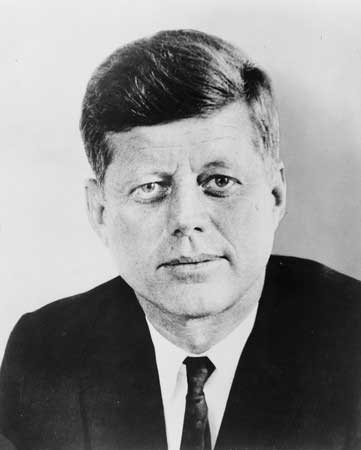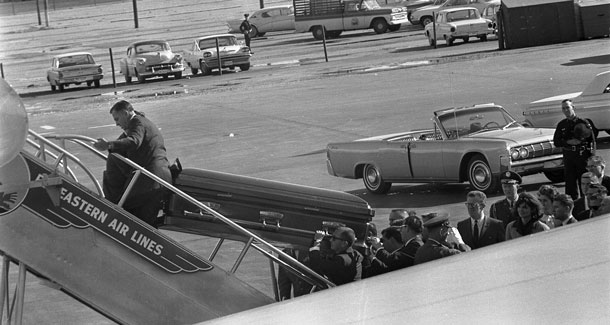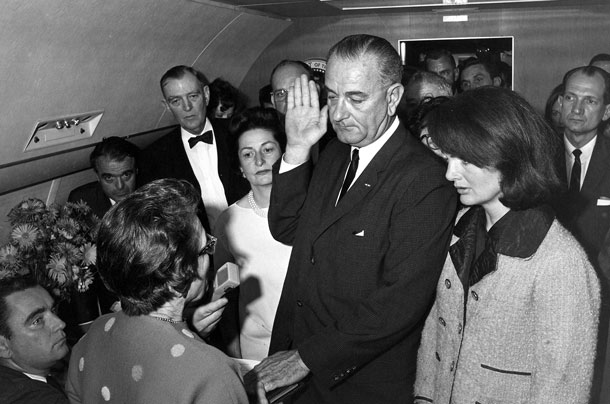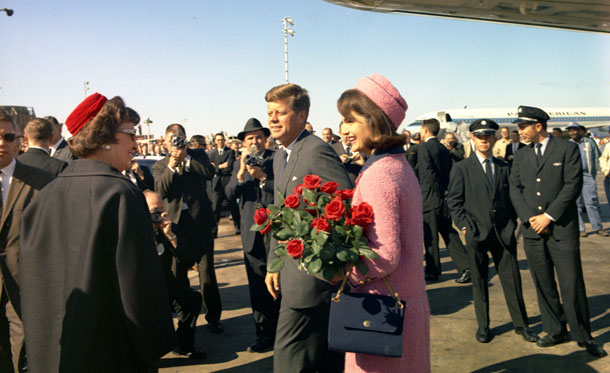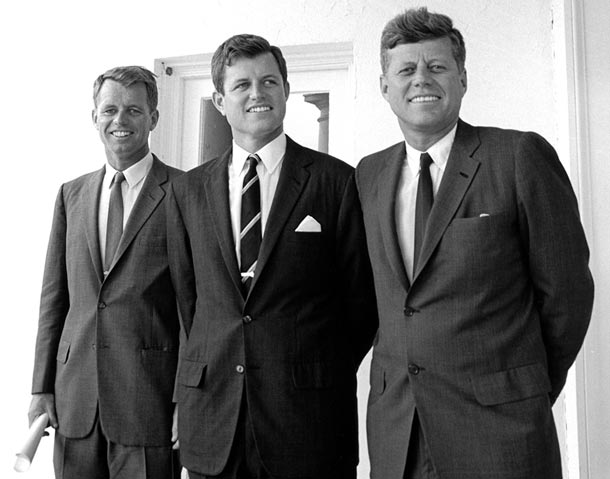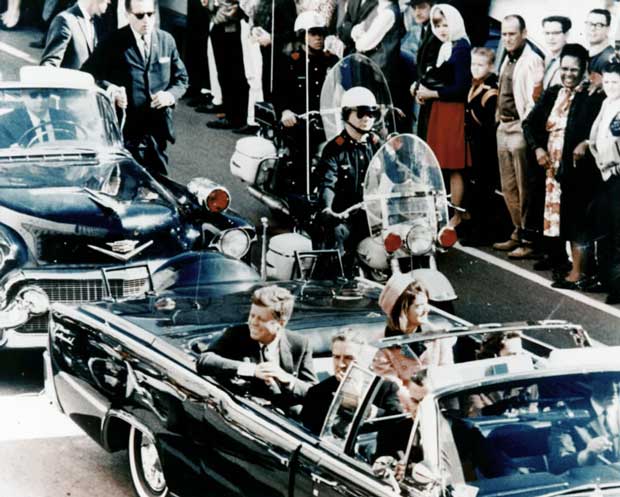More than six decades after his tragic assassination, President John F. Kennedy continues to hold a place of reverence in American history and the hearts of people worldwide. His presidency, though brief, left an indelible mark on the nation and the world. This article explores Kennedy’s legacy, underpinned by his inspirational speeches, biographical milestones, and the reasons behind his enduring popularity.
Biographical Snapshot
Early Life and Career
John Fitzgerald Kennedy, born on May 29, 1917, in Brookline, Massachusetts, was a scion of the prominent Kennedy family. His path to prominence was marked by an impressive educational background, including Harvard University, and a heroic military service during World War II, where his actions in the South Pacific as a Navy officer earned him the Navy and Marine Corps Medal.
Political Ascendancy
Kennedy’s political career began in the U.S. House of Representatives in 1947 and later in the Senate in 1953. His charismatic personality, progressive ideas, and powerful oratory skills catapulted him to the national stage.
A Presidency of Progress and Challenges
Kennedy’s tenure as the 35th President of the United States, starting from his inauguration in 1961, was a period of significant challenges and achievements. His presidency coincided with the Cold War’s peak, the burgeoning civil rights movement, and the early stages of the Vietnam War.
Key Achievements
- Space Race: Kennedy’s vision for space exploration, encapsulated in his famous 1962 speech where he proclaimed, “We choose to go to the moon,” significantly advanced the U.S. space program.
- Foreign Policy: His handling of the Cuban Missile Crisis in 1962 averted a potential nuclear war and is often cited as his greatest foreign policy achievement.
- Domestic Policy: Kennedy’s push for civil rights legislation laid the groundwork for future reforms.
Iconic Speeches and Quotes
Kennedy’s speeches were not just political instruments; they were beacons of hope and calls to action. Some of his most famous quotes include:
- “Ask not what your country can do for you—ask what you can do for your country.” – Inaugural Address, 1961
- “Those who dare to fail miserably can achieve greatly.” – Undelivered speech, Dallas, Texas, November 22, 1963
- “Mankind must put an end to war before war puts an end to mankind.” – Address before the United Nations, 1961
These words continue to inspire generations and reflect Kennedy’s vision of service, peace, and human potential.
The Reasons Behind His Enduring Popularity
Charismatic Leadership
Kennedy’s charisma, eloquence, and youthful energy resonated with the public and brought a sense of vigor and optimism to the American political landscape.
Progressive Vision
His forward-looking policies, particularly in civil rights and space exploration, positioned him as a leader ahead of his time.
Tragic Assassination
Kennedy’s assassination in 1963 transformed him into a symbolic figure of unfulfilled potential, adding a poignant layer to his legacy.
Media Presence
Kennedy’s adept use of television and media helped forge a strong connection with the American public, making him one of the first “television presidents.”
Cultural Impact
Kennedy and his family, particularly First Lady Jacqueline Kennedy, brought a sense of glamour and culture to the White House, which captivated the public imagination.
Conclusion
John F. Kennedy’s legacy is a tapestry of inspirational leadership, progressive policies, and a profound impact on American culture and politics. Sixty years after his death, his vision, words, and the ideals he championed continue to resonate, making him one of the most celebrated and remembered presidents in American history. His life and presidency, though tragically cut short, remain a beacon of hope and aspiration, reminding us of the power of leadership to inspire and change the world.

